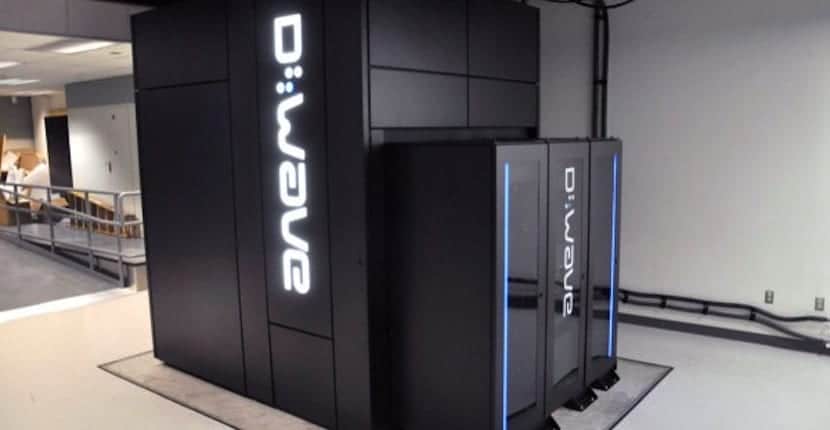
Some time ago Google and NASA decided to bet on quantum computing by acquiring one of the most relevant companies of that time as it was D-Wave Systems. After all this time and getting quite remarkable progress, it has just been announced that next year they will be able to present a new version. D-Wave-2x, a model that will feature nothing less than 2.000 quantum bits, better known as qubits, which is twice those available on today's computer.
Thanks precisely to this evolution, according to Jeremy Hilton, senior vice president of systems at D-Wave, we are talking about a quantum computer that will be between 500 and 1000 times faster than today. Undoubtedly some more than surprising figures, especially if we consider that the current D-Wave was already considered one of the most powerful computers in the world thanks to its ability to perform operations one hundred million times faster than computers conventional.
D-Wave will present in 2017 a quantum computer between 500 and 1000 times faster than the current model
To get to this point, D-Wave acknowledges that the momentum achieved thanks to the company's acquisition by Google, NASA, Lockheed Martin and the Los Alamos National Laboratory has been necessary. On the other hand, you have to take into account the competition factor Since, at present, there are several private research groups and companies that are working daily on the construction of better quantum computers such as IBM.
Another clear example of the above we have at the University of Maryland where they have recently managed to design the first programmable quantum computer or the achievement of manipulation of quantum states, something that could improve cryptography and quantum computing systems.
The truth is that these machines are too experimental, the old D-WAVE cataloged as one of the most powerful computers could hardly rival a robust desktop PC, because these machines are not general purpose and are prepared to solve only certain types of problems, for others they are very clumsy
the one who wrote this article hardly knows about computers